As the new year approaches, are you thinking about changing your eating habits? Maybe doing a 30 day detox or going on the popular Whole 30? While these programs tout themselves as “lifestyle” programs, they are actually diets in disguise. They involve following a set of rules, not eating certain things, and being restrictive. They also promise enticing results, sure to make you feel like you have to continue on the specific plan in order to achieve these things.
I know it’s tempting to want to start the new year fresh and feel like you have something set in place, something to create order. But before you commit to joining a program or completely revamping your diet, you might want to consider a few things, because these plans don’t come without their own potential side effects: food obsession, deprivation, rebound binge eating, isolation, to name a few.
Why do you want to change your eating habits?
What is it about your current diet that leaves you wanting to make change? If it’s wanting to eat more vegetables, cook more, or feel better in your body, can you do these things without following a restrictive plan or “lifestyle”? The answer to all of them is a resounding: YES!
You can buy more vegetables already cut or plan to prepare them when you get home from the store so they’re easily accessible. You can purchase a plant-based cookbook and make 2 meals a week from it. If you simply want to cook more at home, meal prep or buy a cookbook with simple recipes. You might feel better in your body by going on a daily walk or starting a short meditation practice. There are many choices that can achieve these goals without going down the “food is the only cure” or elimination path.
Will your new 30 day plan last forever?
The new year, new you mindset is everywhere! It makes it so desirable to jump on the bandwagon to make the new year your best year yet! And those changes will likely be exciting and they might make you feel powerful and in control for awhile. While you and those around you are highly motivated, the prescription is in full swing. But after the 30 days, what happens? What if you want to go to a party? Or you get really hungry and there are no “approved” meals or snacks available? Maybe another food you’re not “supposed” to eat starts to look good.
You might be thinking, “That won’t happen. Once I feel good eating this way, I won’t want to eat any other way.” But life ALWAYS happens, and food desires change, and the high of making the changes starts to wane. Or you might think, “It’s fine, because I’m only doing it for 30 days.” But then I wonder, why ever start? Why not make actual lifestyle changes that are sustainable and don’t require following set rules, if you’re only going to go off it anyway.
How will you feel if you go off the plan?
I am a strong believer in health being a much bigger picture than just what you eat and how you move your body. We also have our mental health. If you go off the plan, you’re likely to feel guilty and beat yourself up, causing a shame spiral. That spiral might lead to saying “forget it” or land in a major binge. Regardless, you feel like a failure.
Will your new “lifestyle” require you to miss out on anything? Or force you to eat before or bring your own food and feel left out? Research supports the fact that social interaction plays a greater role in longevity and overall positive health outcomes than the food we eat! What? If you’re wanting to improve your health, it’s more important to surround yourself with people than worry about what you eat!
How will your 30 days affect your family?
You might be thinking, “it won’t!” Or maybe, “It will be good for them too!” Whether or not you plan to include your family in the program, you might consider the messages you’re sending. When kids see us eating a certain way, or talking about foods as being healthy or unhealthy, or with any other labels, they absorb those messages:
- Foods are either good or bad.
- If I eat that food then I’m good/bad.
- People need rules for eating.
- You can’t trust yourself with food.
- When I’m an adult, I need to follow a plan.
- I need to change my body.
Conclusion
All of these plans and prescriptive ways of eating are not lifestyles, they are diets in every sense. They require following a strict set of rules, even if for a period of time, to achieve certain results. You may find that while you are on the plan you feel better! And that’s perfectly normal. You will likely feel better because you are excited and feel in control. Or maybe you are making other changes at the same time, such as exercising more or eating more vegetables. Or it might be a placebo effect. There are too many factors to consider.
Instead of jumping in feet first, consider the effects it may have on you and your family, and what other ways you might achieve the same results you are hoping to get. There is no one size fits all for food, and any program that makes these blanket statements and promises grandiose results is irresponsible and should be scrutinized very carefully.
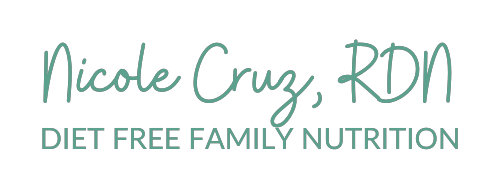
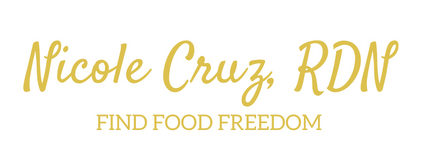
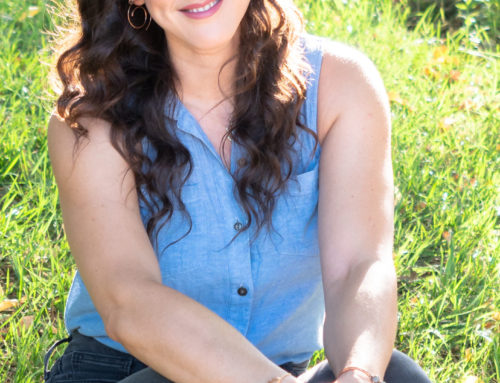
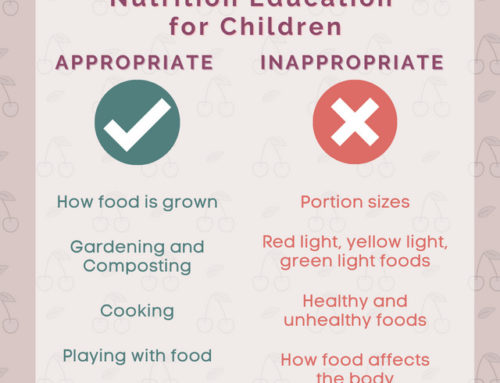
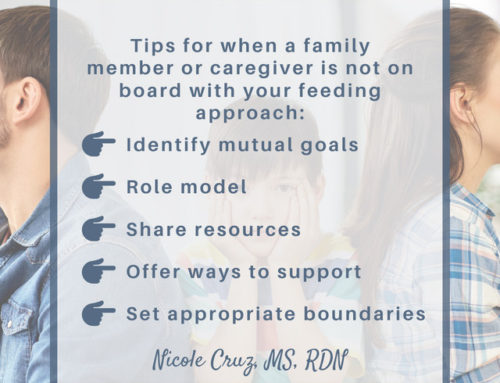
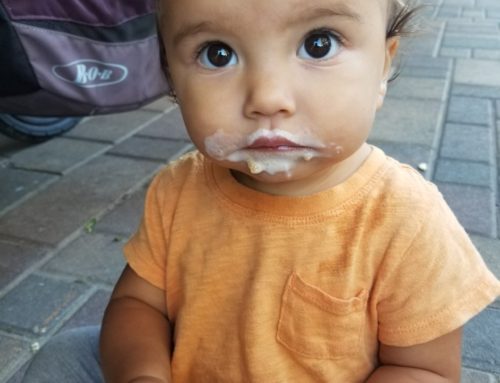
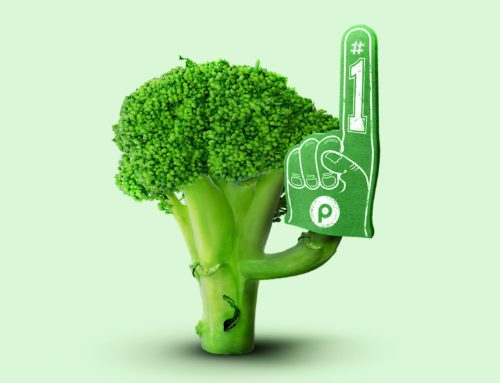
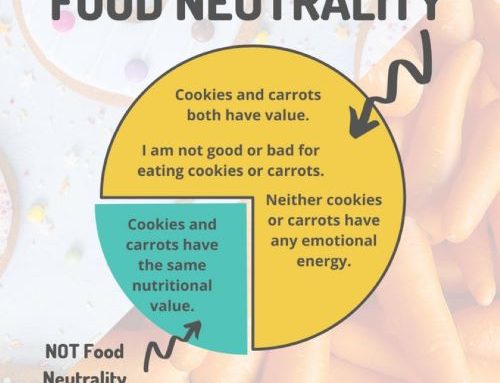
Leave A Comment